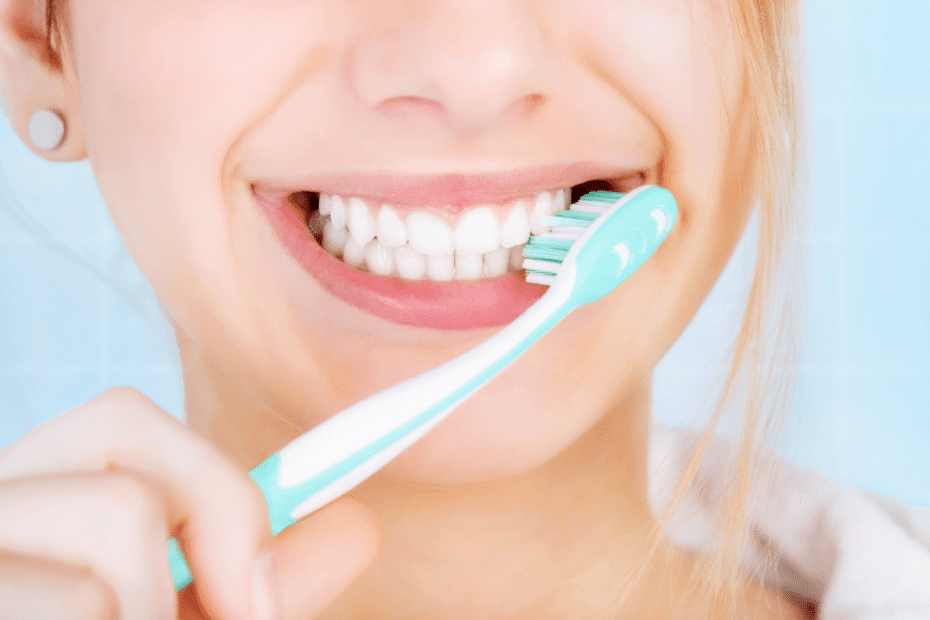How to Brush Your Teeth Properly and How Often You Should Do It
Brushing your teeth is an essential part of maintaining good oral hygiene. It not only helps to keep your teeth clean and white, but also plays a crucial role in preventing dental problems such as cavities, gum disease, and bad breath. In this article, we will discuss how to brush your teeth properly and how often you should do it.
How to Brush Your Teeth Properly
Brushing your teeth properly involves more than just scrubbing your teeth for a few seconds. Here are some steps to follow to ensure that you are brushing your teeth effectively:
- Choose the right toothbrush: Use a soft-bristled toothbrush that fits comfortably in your mouth. Electric toothbrushes can also be a good option as they can help to remove plaque more effectively.
- Use the right toothpaste: Look for a toothpaste that contains fluoride, as it helps to strengthen the enamel and prevent tooth decay. Apply a pea-sized amount of toothpaste on your brush.
- Hold your brush at the correct angle: Hold your toothbrush at a 45-degree angle towards your gumline. This allows the bristles to reach the area where your teeth meet your gums.
- Brush in gentle, circular motions: Avoid scrubbing your teeth aggressively, as it can damage your enamel and irritate your gums. Instead, use gentle circular motions to clean all surfaces of your teeth.
- Don’t forget your tongue: Brushing your tongue helps to remove bacteria and freshen your breath. Gently brush your tongue from back to front.
- Rinse and clean your brush: After brushing, rinse your mouth thoroughly with water. Then, rinse your toothbrush and store it in an upright position to allow it to air dry.
How Often Should You Brush Your Teeth
Now that you know how to brush your teeth properly, let’s discuss how often you should do it. The American Dental Association (ADA) recommends brushing your teeth at least twice a day, in the morning and before bed.
Brushing your teeth in the morning helps to remove the plaque and bacteria that have accumulated overnight. It also freshens your breath and prepares your mouth for the day ahead.
Brushing your teeth before bed is equally important. It removes the food particles and plaque that have built up throughout the day and helps to prevent cavities and gum disease.
In addition to brushing twice a day, it is also recommended to brush your teeth after consuming sugary or acidic foods and drinks. This helps to minimize the harmful effects of these substances on your teeth.
It is important to note that brushing your teeth too often or too vigorously can be harmful. Overbrushing can lead to enamel erosion and gum recession. Therefore, it is best to stick to the recommended frequency and technique.
Other Oral Hygiene Practices
While brushing your teeth is crucial, it is not the only oral hygiene practice you should follow. Here are some additional practices to maintain a healthy mouth:
- Flossing: Floss your teeth at least once a day to remove plaque and food particles from between your teeth and along the gumline.
- Mouthwash: Rinse your mouth with an antimicrobial mouthwash to kill bacteria and freshen your breath.
- Regular dental check-ups: Visit your dentist regularly for professional cleanings and to address any dental issues.
- Healthy diet: Eat a balanced diet that is rich in fruits, vegetables, and calcium to promote strong and healthy teeth.
- Avoid tobacco and excessive alcohol consumption: These habits can increase the risk of oral health problems.
By following these oral hygiene practices, you can maintain a healthy smile and prevent dental problems.
In conclusion, brushing your teeth properly and regularly is essential for good oral health. Remember to follow the correct technique, use the right toothbrush and toothpaste, and brush at least twice a day. Additionally, incorporate other oral hygiene practices into your routine and visit your dentist regularly for check-ups. By taking care of your teeth, you can enjoy a healthy and beautiful smile for years to come.
Also check:
